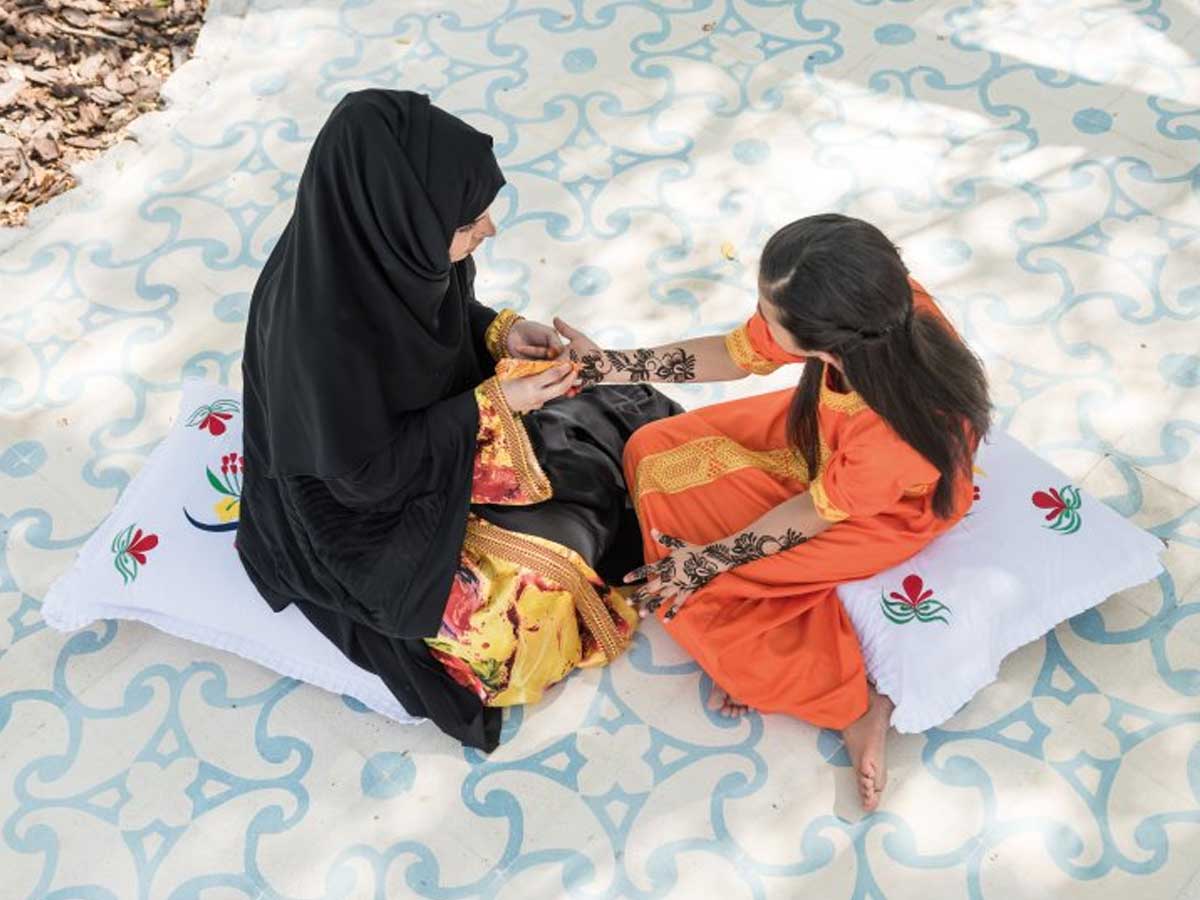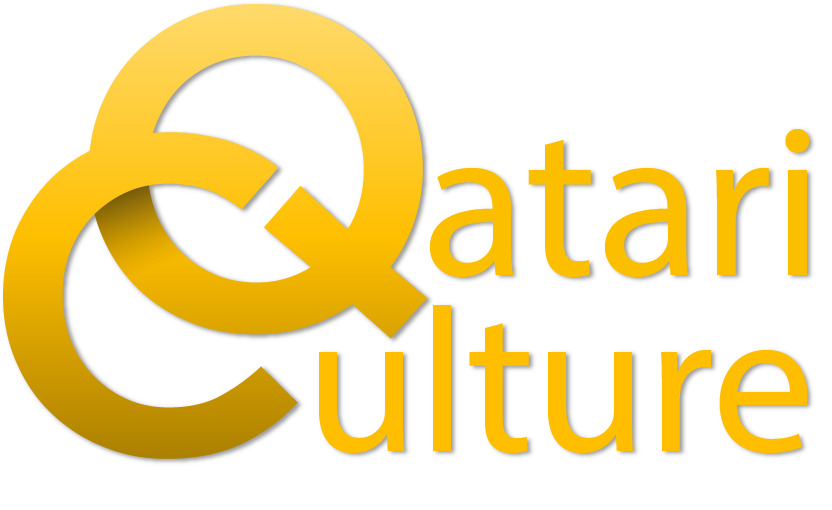Family is a cornerstone of Qatari society, deeply rooted in the nation’s cultural and social fabric. The significance of family extends beyond the nuclear unit, encompassing extended families, clan affiliations, and a network of relationships that define social interactions and community dynamics. This article delves into the importance of family in Qatar, exploring family dynamics, cultural expectations, and the evolving roles of family members in contemporary society.
The Significance of Family in Qatari Culture
1.Cultural Identity: Family is not just a social unit in Qatar; it is integral to cultural identity. The concept of family embodies values such as loyalty, respect, and honor, which are essential in Qatari culture. Families are often associated with particular tribes or clans, and these affiliations play a crucial role in community life and social interactions.
2.Social Structure: The family structure in Qatar is predominantly patriarchal, with male heads of households typically taking on leadership roles. However, extended families, including grandparents, aunts, uncles, and cousins, often live close to each other or maintain strong ties, creating a web of support and interdependence.
3.Economic Support: Traditionally, families serve as economic units, providing financial support and resources to one another. In times of need, family members often come together to help each other, reinforcing the bonds that hold them together. This economic interdependence fosters a sense of unity and belonging.
Family Dynamics and Roles
1.Parental Roles: In Qatari families, parents are expected to provide for their children, both materially and emotionally. Fathers are typically seen as the primary breadwinners, responsible for financial stability and decision-making. Mothers, on the other hand, often take on the role of caretakers, nurturing and educating their children. However, as the society modernizes, more women are entering the workforce, leading to a redefinition of parental roles and shared responsibilities.
2.Child Rearing: Education is highly valued in Qatari culture, and parents prioritize their children’s schooling and personal development. Parents are involved in their children’s education, encouraging them to pursue higher education and successful careers. The emphasis on education is a reflection of the broader national vision for a knowledgeable and skilled population.
3.Role of Extended Family: The extended family plays a vital role in the upbringing of children. Grandparents often have significant influence in a child’s life, imparting wisdom and cultural values. Aunts and uncles also contribute to the nurturing environment, providing additional support and guidance.
4.Gender Roles: Traditional gender roles continue to shape family dynamics in Qatar. Men are often expected to uphold family honor and provide for their families, while women are responsible for managing the household and raising children. However, with the increasing participation of women in the workforce, these roles are gradually evolving, leading to a more equitable distribution of responsibilities.
Cultural Expectations and Traditions
1.Marriage and Family Formation: Marriage is a significant milestone in Qatari society, often viewed as a means of strengthening family ties and preserving cultural heritage. Arranged marriages are still common, with families playing an active role in finding suitable partners for their children. However, modern influences are leading to an increase in love marriages, where individuals choose their partners based on personal compatibility.
2.Family Gatherings: Family gatherings are an essential aspect of Qatari life, providing opportunities for socializing and maintaining strong bonds. Celebrations such as weddings, Eid, and national holidays bring families together, allowing them to connect and share experiences. These gatherings reinforce family ties and foster a sense of belonging.
3.Respect for Elders: Respect for elders is a fundamental value in Qatari families. Children are taught to honor their parents and grandparents, seeking their advice and guidance. Elders are regarded as the custodians of cultural wisdom and family traditions, and their opinions carry significant weight in family matters.
4.Religious Influences: Islam plays a crucial role in shaping family values and dynamics in Qatar. Islamic teachings emphasize the importance of family, encouraging mutual respect, love, and support among family members. Religious practices, such as daily prayers and fasting during Ramadan, often strengthen family bonds as families come together to observe these traditions.
Challenges and Changes
1.Modernization and Urbanization: As Qatar undergoes rapid modernization and urbanization, traditional family structures and dynamics are being challenged. The influx of expatriates and diverse cultures has introduced new family models and social norms, leading to a blend of traditions and contemporary practices.
2.Women’s Empowerment: The increasing presence of women in the workforce has led to a shift in family roles. Many women are balancing careers and family responsibilities, resulting in a redefinition of traditional gender roles. While this empowerment is positive, it can also create tension within families as expectations and responsibilities evolve.
3.Influence of Social Media: The rise of social media has transformed communication within families. While it facilitates connectivity, it can also lead to changes in family dynamics, as younger generations may prioritize online interactions over face-to-face connections. Balancing the use of technology with traditional family values is a challenge that many families face.
4.Balancing Tradition and Modernity: Qatari families are navigating the complexities of maintaining traditional values while adapting to modern influences. This balance requires open communication and mutual understanding among family members, ensuring that cultural heritage is preserved while embracing new opportunities.
The Future of Qatari Family Values
1.Continued Emphasis on Education: As Qatar aims for a knowledge-based economy, the importance of education will likely continue to shape family values. Families will prioritize educational attainment for their children, fostering a culture of learning and personal development.
2.Evolving Gender Roles: The ongoing shifts in gender roles will continue to influence family dynamics. As women gain greater representation in the workforce and leadership positions, families may embrace more equitable distributions of responsibilities, allowing both men and women to thrive in their personal and professional lives.
3.Strengthening Family Bonds: In a rapidly changing world, the importance of family bonds will remain steadfast. Families will continue to find ways to come together, celebrating traditions while also adapting to new realities. Maintaining open communication and mutual support will be crucial in navigating challenges.
4.Cultural Preservation: As Qatar embraces modernization, preserving cultural heritage will remain a priority. Families will play a vital role in passing down traditions, values, and stories to future generations, ensuring that the essence of Qatari culture endures.
Conclusion
Qatari family values are integral to the identity and cohesion of society. As families navigate the complexities of modern life, the importance of strong bonds, mutual respect, and shared responsibilities will remain central to their existence. While challenges arise from modernization and evolving gender roles, the resilience of Qatari families will ensure that they continue to thrive, adapting to change while holding onto the values that have shaped their culture for generations. The future of Qatari family values will be characterized by a blend of tradition and modernity, reflecting the dynamic and evolving nature of Qatari society.

Qatari traditions and culture offer a mesmerizing blend of ancient Bedouin heritage, Islamic faith, and vibrant community spirit that beckons you to explore and experience firsthand.

Qatari traditions and culture offer a mesmerizing blend of ancient Bedouin heritage, Islamic faith, and vibrant community spirit that beckons you to explore and experience firsthand.
Copyright 2024 © All Right Reserved to Qatari Culture